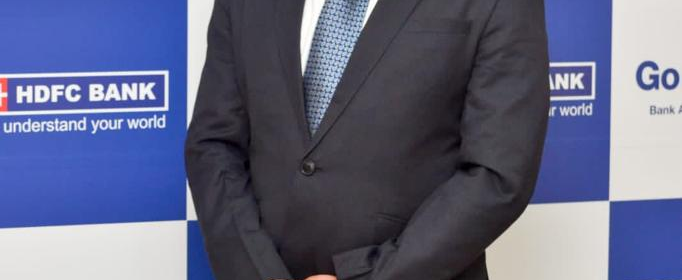HDFC Bank budget commentry

Telugu super News, February 2nd,2024:The Government stuck to the protocol of delivering no major big-bang announcements in an interim budget. The finance minister delivered a balanced announcement with an account of the Governments’ progress over the last few years while also laying down the roadmap ahead. The Government promised to continue its focus on infrastructure building – setting an allocation of 11.1 lakh crore rupees for 2024-25 — along with targeting inclusive growth. Its roadmap for 2024-25 includes an extension of the rural housing scheme, push towards rooftop solarisation, housing for the middle class, and long-term low interest financing in sunrise domains among other things. The push towards developing tourism at the state level is a welcome step, as it could also help greater job creation.
The Government continued to remain fiscally prudent, estimating the fiscal deficit at 5.8% of GDP in 2023-24 – lower than the budgeted 5.9% of GDP. Moreover, it reduced the fiscal deficit target to 5.1% of GDP for 2024-25, in an effort to achieve the medium-term target of 4.5% by 2025-26. The fiscal target for 2024-25 translates into a lower gross market borrowing figure than expected and is likely to be positive for the bond market.


